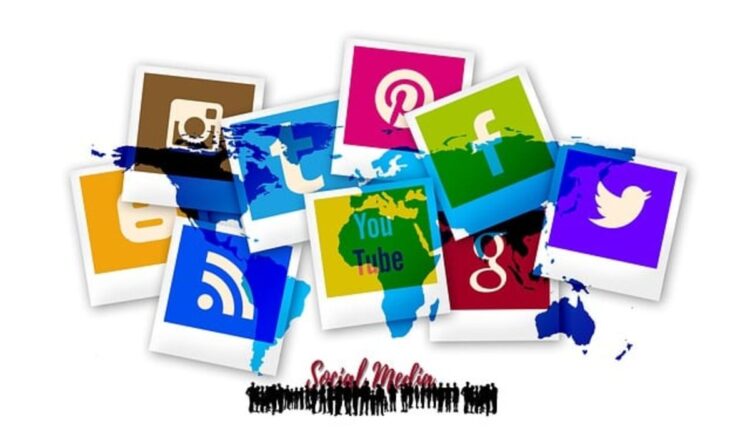How is Pinterest Different From Instagram?
Pinterest is a social bookmarking website that allows users to save visuals onto virtual ‘Boards’ – similar to virtual scrapbooks – for later reference. Therefore, Pinterest prioritizes link sharing and is an ideal platform for businesses looking to drive website traffic.
Pinterest attracts more female users and a more comprehensive average age demographic than Instagram, plus it is fully functional as a desktop application.
Keywords
While both Pinterest and Instagram are image-focused social media platforms, their uses vary considerably. Instagram rewards content with human faces more highly. Furthermore, its high follower count rewards posts with tremendous success.
On Pinterest, keywords play an integral part in determining post-performance. Visitors to Pinterest frequently search for specific ideas, such as crochet tote bags or DIY projects – making it essential to include relevant keywords in your captions on this platform.
Instagram and Pinterest both hold immense marketing potential for businesses, offering tremendous opportunities for growth with the right strategy. By understanding each platform’s nuances, this blog will assist in your decision-making. So continue reading to gain all the information on how Pinterest differs from Instagram!
Hashtags
Instead of Instagram, Pinterest utilizes hashtags in a Pin’s description rather than its feed. Utilizing relevant hashtags helps people locate your Pins more quickly; however, adding too many can make them appear spammy or clutter up their look.
Utilizing hashtags properly can help you reach a broader and more targeted audience and increase its visibility. For instance, if you’re an NYC personal trainer seeking to target local audiences with #plantloversinNYC hashtags.
Hashtags can be particularly effective on Pinterest because search results often include Pins with keywords. This makes it more likely that customers will click your Pin and visit your website, increasing the chances of conversion and conversion rates. High-quality images with detailed post descriptions and an appropriate number of hashtags are critical components to your Pinterest success; in particular, it’s beneficial if these pins feature your brand’s official hashtags so users associate your Pins easily with them.
Followers
Pinterest is an image-centric visual platform that lets users save and browse Pins organized into Boards on topics relating to home decor, fashion, technology, cooking, and more. As Pinterest attracts many users looking for ideas and inspiration, your content could likely reach many people on its platform.
Instagram primarily emphasizes engagement – such as likes and comments -. In contrast, Pinterest allows you to link posts back to your website quickly, making it easier for potential customers to discover your products or services quickly if you run an e-commerce business.
Both platforms offer a mobile app and desktop browser versions; the former allows for primary photo and video editing right on the platform; you can add captions and filters, captions, and select filters directly. The desktop browser version doesn’t offer photo-editing features but allows users to link their websites via its mobile application.
Link-sharing
Pinterest is a visual content network that acts more like a search engine than social media. Users sign up to register their interests, and the platform then displays visuals that fit those interests – similar to digital scrapbooking! Users then “pin” these visuals directly onto their account or organize them onto boards – much like when we were kids creating paper scrapbooks!
Therefore, Pin descriptions must include relevant keywords. This allows the algorithm to understand what your Pin is about and ensure it shows up for users searching similar content – unlike Instagram, where hashtags are often used as markers of an article’s topic, Pinterest uses categorization keywords as a means of categorizing your Pin so it will show up when searching similar queries.
Pinterest is an ideal platform for e-commerce businesses and content creators who wish to sell products; Instagram, on the other hand, provides more opportunities for those selling services or wanting to build trust among their audience.


